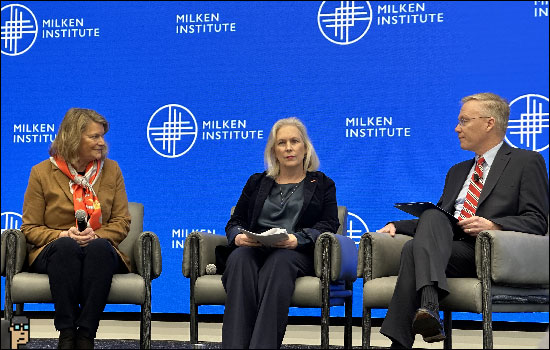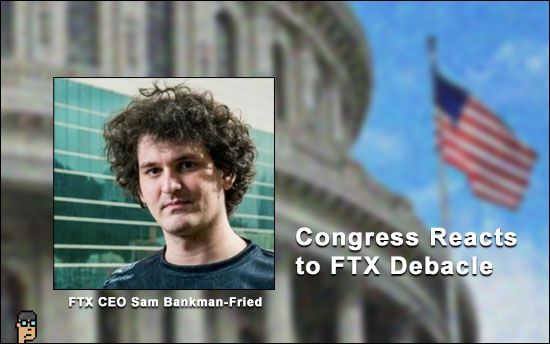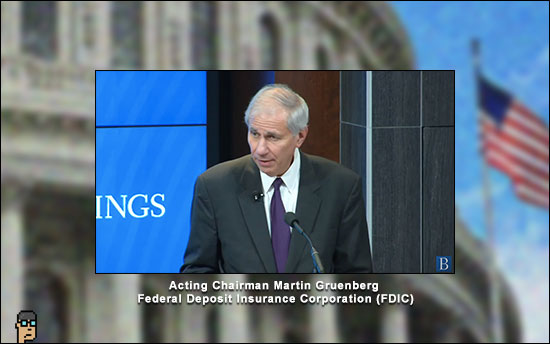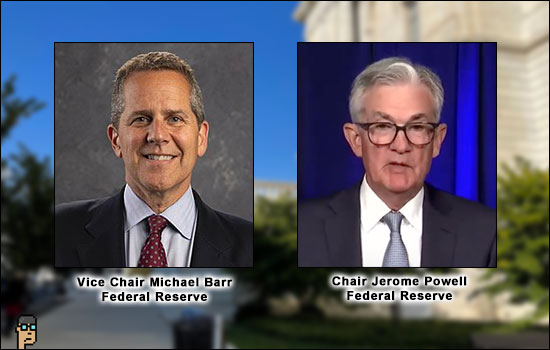At the Milken Institute’s The Future of Digital Assets Symposium yesterday, Senator Cynthia Lummis (R, WY) and Senator Kirsten Gillibrand (D, NY) made their first appearance together in the new Congress touting the re-introduction of their digital assets regulation bill, the Responsible Financial Innovation Act (RFIA), in mid-April.
Below is an edited transcript of the interview conducted on-stage by Michael Piwowar, Executive Vice President at the Milken Institute.
On the re-introduction of the Responsible Financial Innovation Act in the 118th Congress:
SENATOR LUMMIS: We’re looking at mid-April to reintroduce the bill. And the changes that we’re making would be a slimmed down, better looking [version] adjusting some of the definitions. We’ve been working with the SEC staff to address some of their concerns that there might be some unintended consequences to some of the definitions, but we’ve been meeting with them and taking care of that.
SENATOR GILLIBRAND: We’re also trying to address some of the concerns that we heard through regulators and the industry to clarify different areas. So we’re going to have an ambition to try to build out some of the regulatory framework that we left for studies in the first version.
It might also be a more thorough bill than the first version because the first version was just an introduction of what a baseline framework could look like in the industry, and how you would assess what are digital securities, what are digital commodities, and how you would regulate stablecoins. We had a lot of studies [,too].
Now, we’re going to actually try to do a deep dive on stablecoin regulations. We’re going to refine a lot about digital securities based on conversations we had with Chairman Gensler and the SEC staff. And we’re also going to even broaden out DeFi because [with] DeFi we punted it to the regulators in our first draft. Because of the climate we’re in right now, we think it would be better for us to give our best assessment of what that regulatory framework might look like, as opposed to waiting on regulators since regulators seem to have their own unique opinions. And there doesn’t seem to be any certainty with given regulators. So we thought it’d be better to maybe do our own parameters.
And so those are some of the things we’re working on now. The bill is going to be stronger. It’s also going to address some of the things that happened with FTX. So that it’s very clear if [FTX] was registered as a US company, what it would have had to do and why consumers would not have been so harmed. Continue reading “Senators Lummis and Gillibrand Announce Responsible Financial Innovation Act Re-Introduction”







